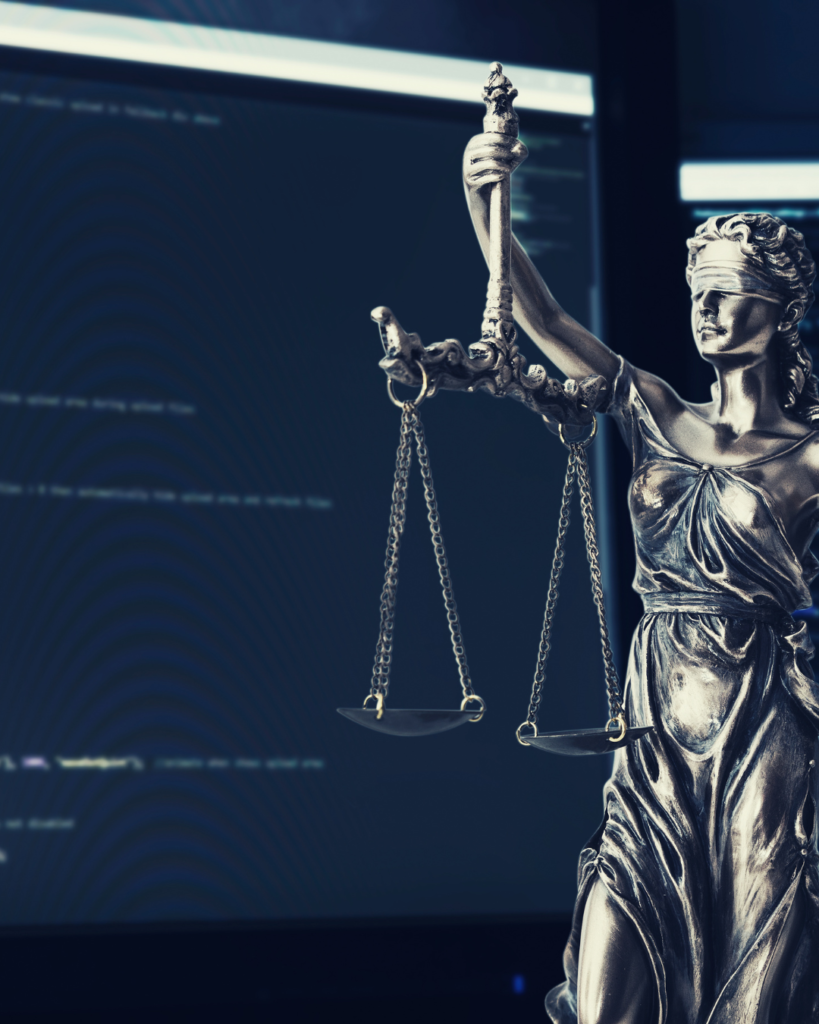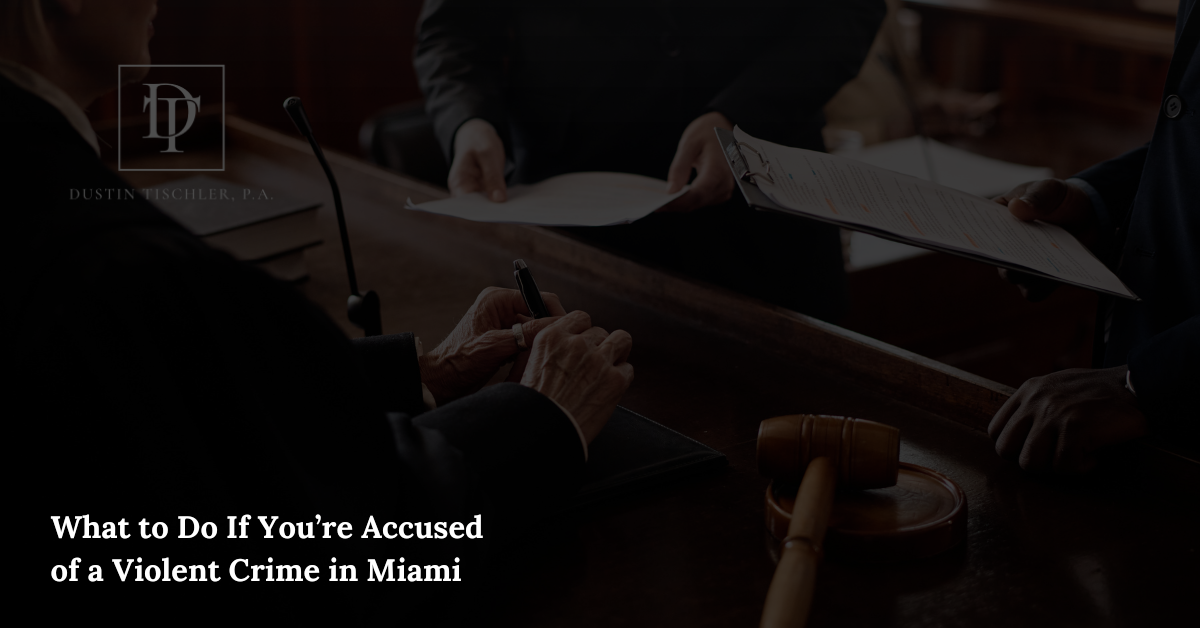Miami Cybercrime Lawyer
Cybercrime charges in Florida are increasingly common—and the penalties can be just as severe as violent or financial crimes. As a knowledgeable Miami cybercrime lawyer, Dustin Tischler defends clients accused of computer-related offenses including hacking, data theft, and cyberfraud. With laws constantly evolving alongside technology, you need a legal team that understands both the legal system and the digital landscape.
Understanding Cybercrime Charges in Florida:

Florida’s Computer Crimes Act, under Chapter 815, outlines offenses involving unauthorized access, modification, or destruction of electronic data. These laws cover a wide range of conduct involving computers, networks, software, and electronic devices.
Florida Statute 815.04 – Offenses Against Intellectual Property:
It is a felony offense to:
-
Willfully and without authorization introduce a computer virus or contaminant
-
Modify or render data or programs unavailable or inaccessible
-
Destroy or alter confidential information, trade secrets, or public records
-
Disclose or take protected data or programs without permission
Penalties may range from third-degree felonies to second-degree felonies if done with intent to defraud or obtain property, carrying prison time and fines under 775.082
Types of Cybercrime Cases We Handle in Miami:
At Dustin Tischler Law, we defend clients charged with:
-
Unauthorized access (hacking) or data breaches
-
Introduction of malware or computer viruses
-
Theft of trade secrets or confidential business data
-
Cyberfraud, phishing, or online scams
-
Destruction or corruption of digital evidence
-
Impersonation or misuse of online credentials
-
Wire fraud and digital payment manipulation
-
Cyberstalking or harassment via social media
Many clients are accused based on IP addresses, device connections, or metadata—but these digital trails are not always conclusive.
How Dustin Tischler Can Help With Cybercrime Charges in Miami:
Cybercrime cases are highly technical and require a deep understanding of both digital systems and criminal defense strategy. As a Miami cybercrime lawyer, Dustin Tischler collaborates with forensic experts and leverages his knowledge of digital evidence to challenge weak or unlawful prosecutions.
We help by:
-
Investigating how the digital evidence was collected
-
Challenging IP-based accusations and weak forensic reports
-
Demonstrating lack of authorization, access, or intent
-
Protecting your rights during searches or data seizures
-
Defending against overbroad or misapplied charges under §815.04
-
Negotiating for case dismissal, reduction, or diversion (when possible)
Your defense starts with identifying the technical flaws in the case and building a clear, persuasive counter-narrative.
Defense Strategies From a Miami Cybercrime Lawyer
Cybercrime allegations often arise from automated audits, employee disputes, or third-party misuse of a device. We tailor your defense to the specific allegations and how the evidence was obtained.
Common strategies include:
-
Lack of intent or authorization
-
False attribution based on public/shared IPs
-
Improper data seizure or chain of custody
-
Outdated or misinterpreted forensic tools
-
Third-party access or compromised devices
-
Business disputes mischaracterized as criminal
We build every defense with the goal of protecting your future and restoring your digital reputation.
Get Legal Help From a Trusted Miami Cybercrime Lawyer

Cybercrime cases can carry life-altering penalties, including prison, loss of employment, and permanent damage to your name or business. But with the right legal defense, many digital allegations can be dismantled.
At Dustin Tischler Law, we combine legal insight with digital understanding to defend your rights in and out of court.
Click below to schedule a confidential consultation with a Miami cybercrime lawyer today.
What is considered a cybercrime in Florida?
Any unauthorized use, access, modification, or destruction of digital systems, networks, or data may qualify as a cybercrime under Florida law.
What is the penalty for violating the Florida Computer Crimes Act?
Violations of 815.04 can lead to third-degree felony charges (up to 5 years) or second-degree felonies (up to 15 years) if committed with fraudulent intent.
Can I be charged based on my IP address alone?
IP evidence is often weak on its own. It may indicate a device’s location but not prove who committed the offense. A skilled Miami cybercrime lawyer can challenge that assumption.
Are all cybercrimes prosecuted in state court?
No. Some cyber offenses also violate federal laws, especially if they cross state lines or involve major financial fraud. We help assess both state and federal risks.
What should I do if I’m under investigation for a cybercrime?
Do not speak with investigators or consent to device searches without legal counsel. Contact a cybercrime defense attorney immediately to protect your rights and digital assets.


